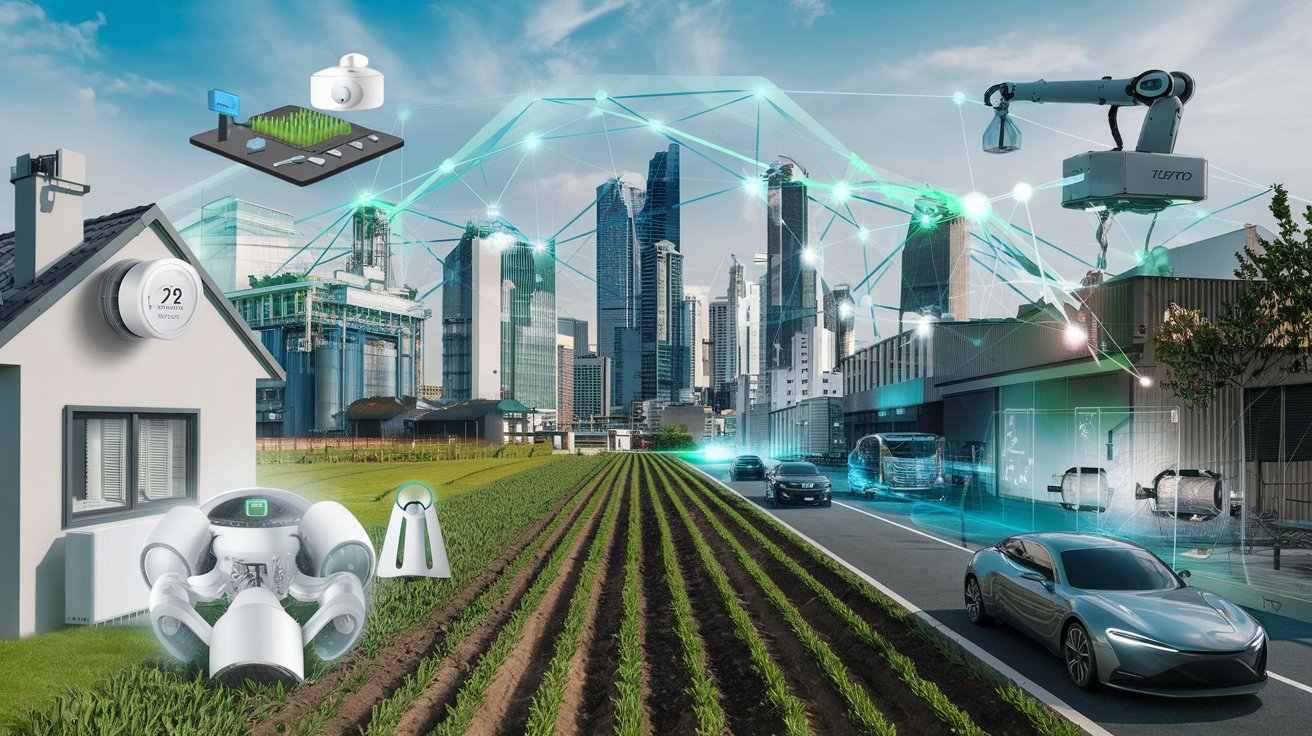Introduction
In today’s rapidly changing world, innovation and technology are the core drivers of transformation across every industry. They are not just buzzwords; they are essential elements that shape economies, impact daily lives, and define business success. As a business coach, I have seen firsthand how staying ahead of technological advancements is no longer an option but a necessity for businesses, startups, and individuals. This guide explores the definition of these key concepts and their role in shaping a competitive edge in today’s economy.
Defining Innovation and Technology
What is Innovation?
Innovation is the process of creating, improving, or altering products, services, or processes to increase their value. It’s about finding new solutions to old problems, meeting customer needs in fresh ways, or optimizing operations to save resources. Innovation spans various forms, including incremental innovations (small improvements over time), disruptive innovations (those that create new markets or drastically change existing ones), and breakthrough innovations (big leaps forward in products or processes).
What is Technology?
Technology, on the other hand, refers to the tools, systems, and methods that enable innovation. It encompasses hardware (like computers and smartphones), software (like apps and AI systems), and techniques (such as data analysis and digital marketing). Technology is the medium through which innovation becomes actionable and transformative in our workplaces, homes, and social interactions.
The Role of Innovation and Technology in Shaping Industries and Economies
Industry Transformation through Innovation
Innovation has revolutionized various industries, including healthcare, finance, manufacturing, and retail. For example, digital healthcare innovations allow for remote diagnoses and treatments, greatly enhancing patient accessibility. In finance, the rise of FinTech has redefined how people manage, invest, and transfer money. Manufacturing is being reimagined through automation and AI, reducing costs and improving quality. Retail is now largely digital, with e-commerce platforms providing consumers with ease and variety that was unimaginable a few decades ago.
Economic Growth and Innovation
Economies that embrace innovation see faster growth and higher job creation rates. Research and development (R&D) investments stimulate this growth, enabling countries to develop new technologies that generate significant returns. For example, the United States and China are leading economies in technology investment, impacting global trade and establishing dominant positions in global markets.
Daily Life and Personal Impact
On a personal level, technology has simplified our lives. Smartphones, smart homes, wearable devices, and digital assistants enable us to work more efficiently, stay connected, and manage our routines. The rise of remote work, e-learning, and smart health devices during the COVID-19 pandemic is a testament to how technology can rapidly adapt and improve our lifestyles.
Current Advancements: The New Age of Rapid Innovation
We live in an era where technological advancements are accelerating faster than ever. Fields like Artificial Intelligence (AI), Internet of Things (IoT), Blockchain, and 5G are driving this transformation. Here’s a breakdown of some of the most influential advancements today:
- Artificial Intelligence (AI): AI enables predictive analytics, personalizes customer experiences, and automates tasks. Its applications in industries from customer service to medicine are groundbreaking.
- Internet of Things (IoT): IoT technology allows devices to communicate, creating smart homes, smart cities, and efficient industrial operations.
- Blockchain: This secure technology disrupts traditional financial systems, providing transparency and security in transactions.
- 5G Networks: 5G enables faster data transfer and connectivity, which are critical for remote work and smart device integration.
These advancements have made it essential for businesses and individuals alike to stay informed and proactive.
How Businesses and Startups Can Adapt and Innovate
1. Continuous Learning and Skill Development
In today’s fast-paced world, continuous learning is crucial. Businesses must invest in training employees in emerging technologies and innovative practices. Startups and established businesses alike should seek to understand their industry’s latest trends, from AI to sustainability, and ensure their teams are well-equipped.
2. Strategic Partnerships and Collaboration
Collaboration with tech firms, research institutions, or innovation hubs can provide access to cutting-edge technology and new ideas. Partnerships allow businesses to leverage technology expertise without fully shouldering the development burden, helping them stay competitive without overextending resources.
3. Customer-Centric Innovation
Listening to customer feedback and tailoring products to meet emerging needs is essential. Using technology like AI-driven analytics or chatbots can help businesses understand customer preferences and behaviors better, leading to more effective and targeted solutions.
4. Agile Business Models
Adopting an agile mindset enables businesses to pivot and adapt to new technologies and market demands quickly. This means implementing flexible strategies and being open to changing products, processes, or even business models to remain competitive.
For Individuals: Staying Informed and Relevant
1. Embracing Lifelong Learning
Today, acquiring new skills is as important as applying existing ones. Platforms like Coursera, Udacity, and edX offer courses on technologies such as AI, data science, and blockchain. Staying updated on trends and skills keeps professionals marketable and relevant.
2. Building a Personal Brand
With platforms like LinkedIn and Medium, individuals can showcase their expertise in specific technologies and build a following. Creating a strong personal brand centered on innovation and tech awareness not only boosts career prospects but also establishes credibility in the industry.
3. Adapting to New Work Environments
In an age of remote work and digital collaboration, being proficient with tools like Slack, Zoom, and project management software is a must. The ability to work effectively in virtual teams will be a key skill in the years ahead.
Conclusion: The Path Forward in a Technological World
As innovation and technology continue to evolve, businesses, startups, and individuals who adapt and stay informed will thrive. By investing in continuous learning, customer-centric innovation, and strategic partnerships, companies can harness the transformative power of these advancements to create long-term success.
Technology and innovation are more than tools—they are pathways to reimagine our industries, economies, and daily experiences. Embrace them, stay curious, and step confidently into the future.
Key Takeaways
- Innovation and technology are essential for industry transformation, economic growth, and personal impact.
- Staying informed on current advancements like AI, IoT, and Blockchain is critical.
- Businesses and individuals must invest in learning, partnerships, and agile strategies to adapt and thrive.
By following these steps, you can harness the power of technology and innovation for sustainable success.


